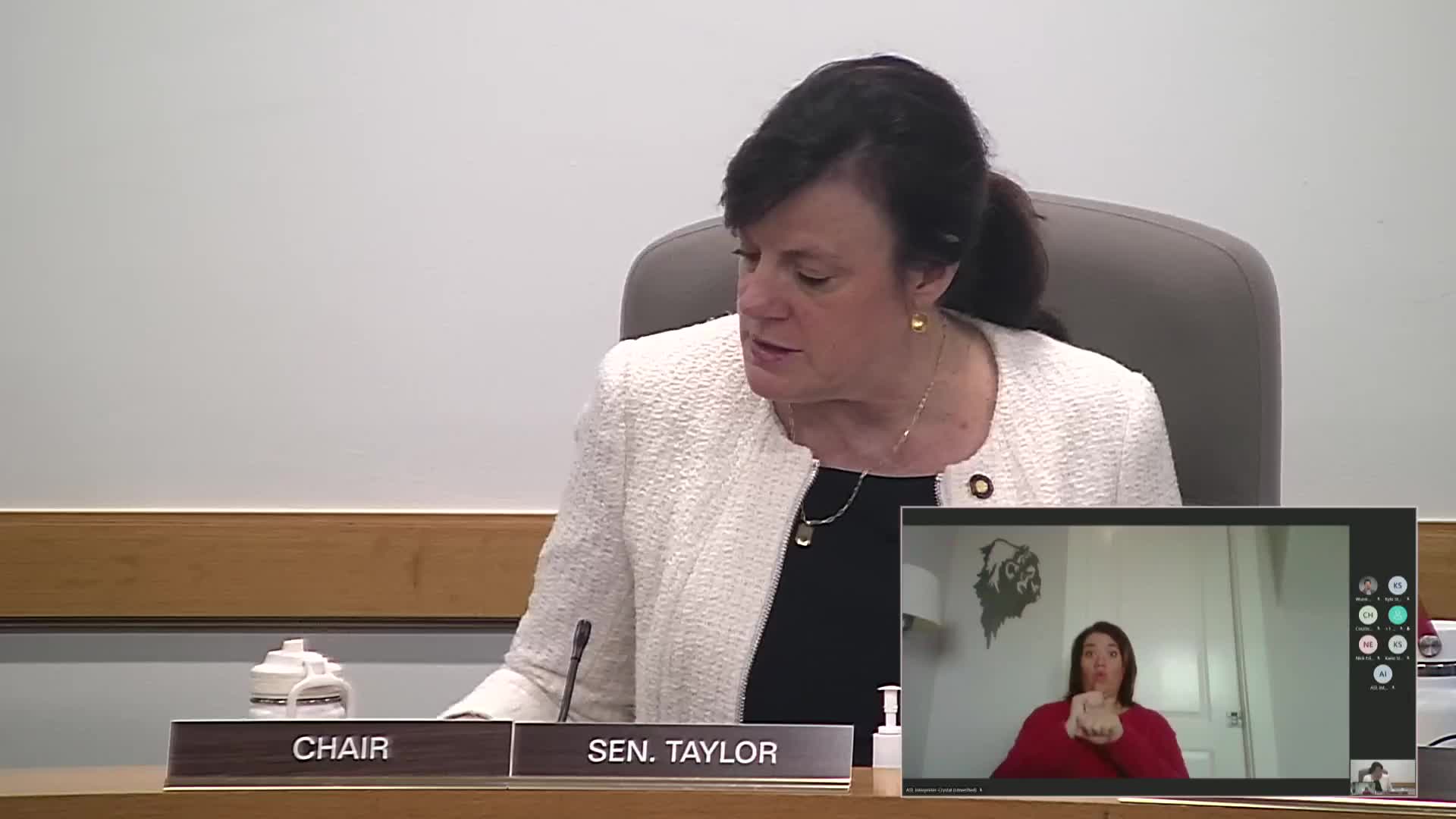Article not found
This article is no longer available. But don't worry—we've gathered other articles that discuss the same topic.
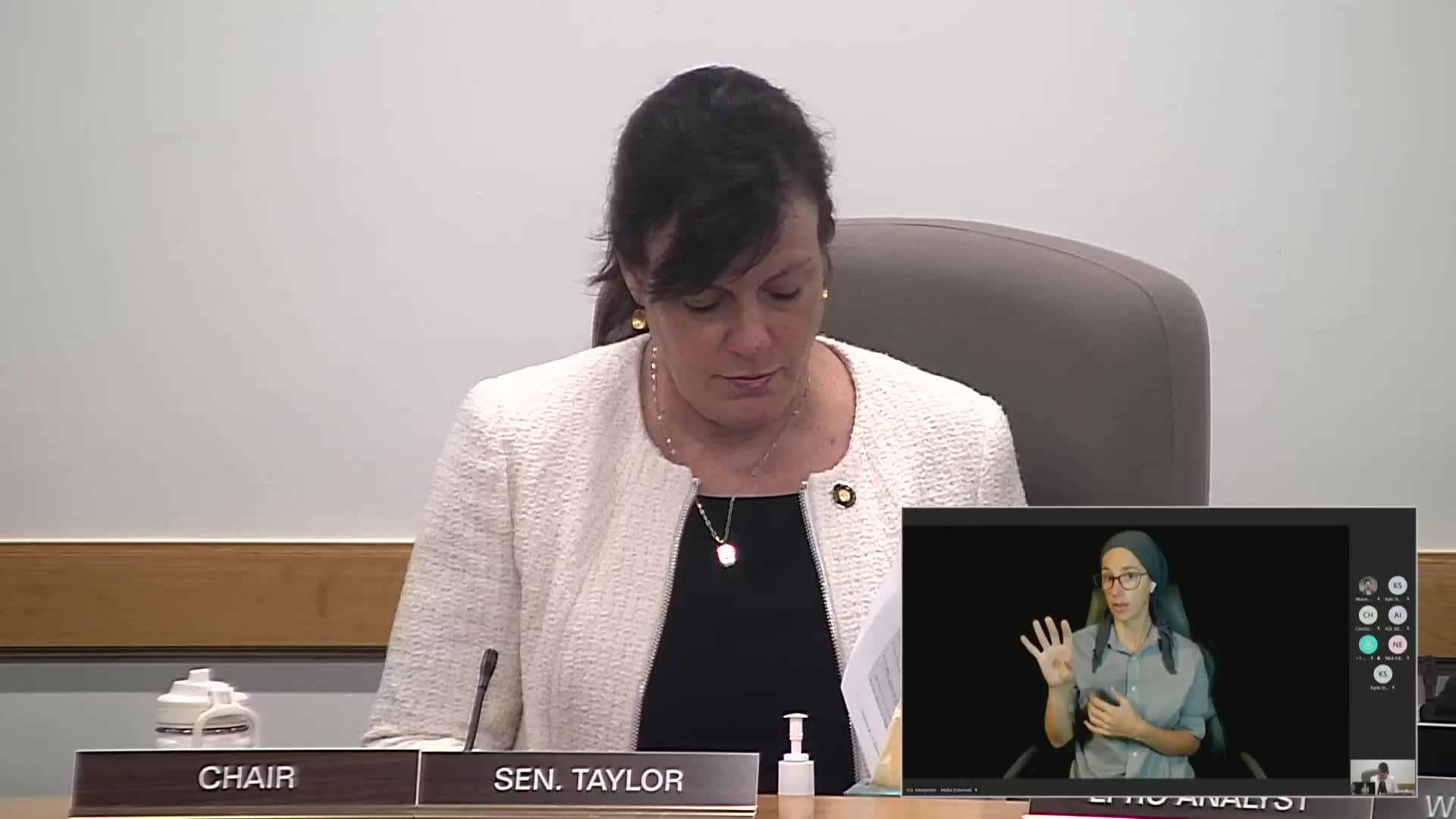
Committee hears testimony on lowering retirement age for police and firefighters to 50 with 25 years' service
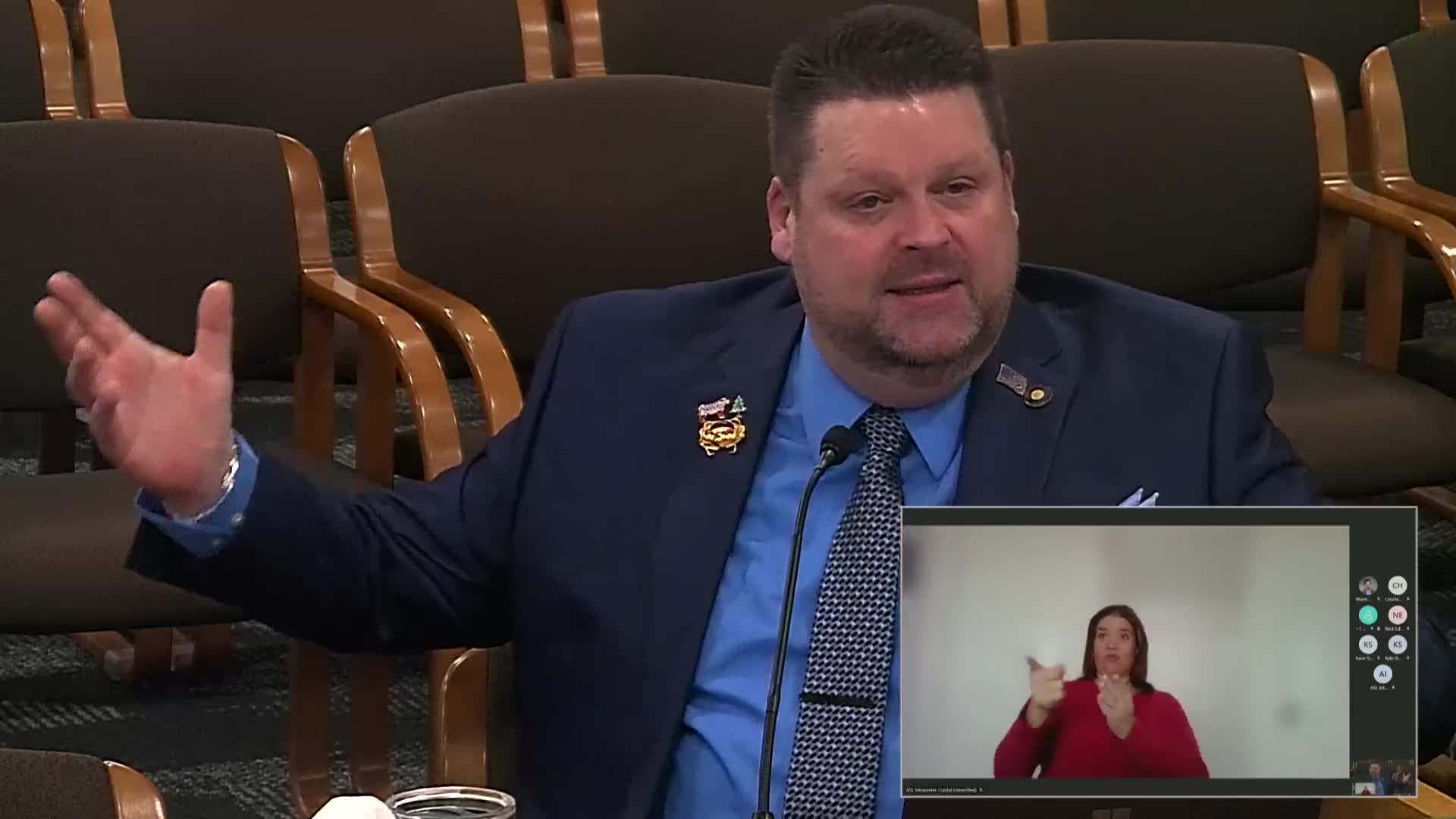
Senate committee adopts amendment to clarify hearings for police and firefighter disability claims in PERS rule
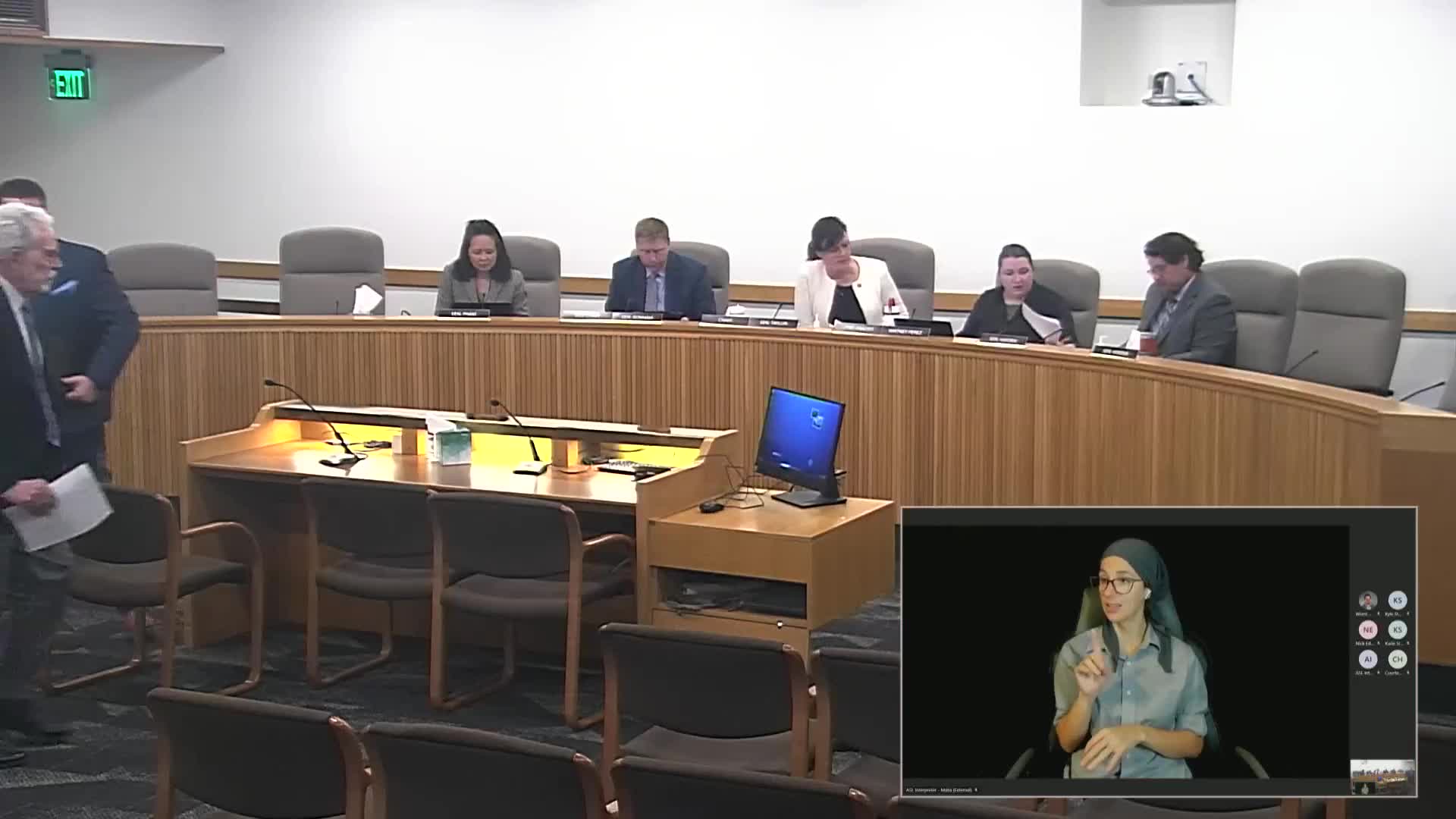
Bill would direct DCBS to propose building-inspector apprenticeship; BOLI flags regulatory and employer issues
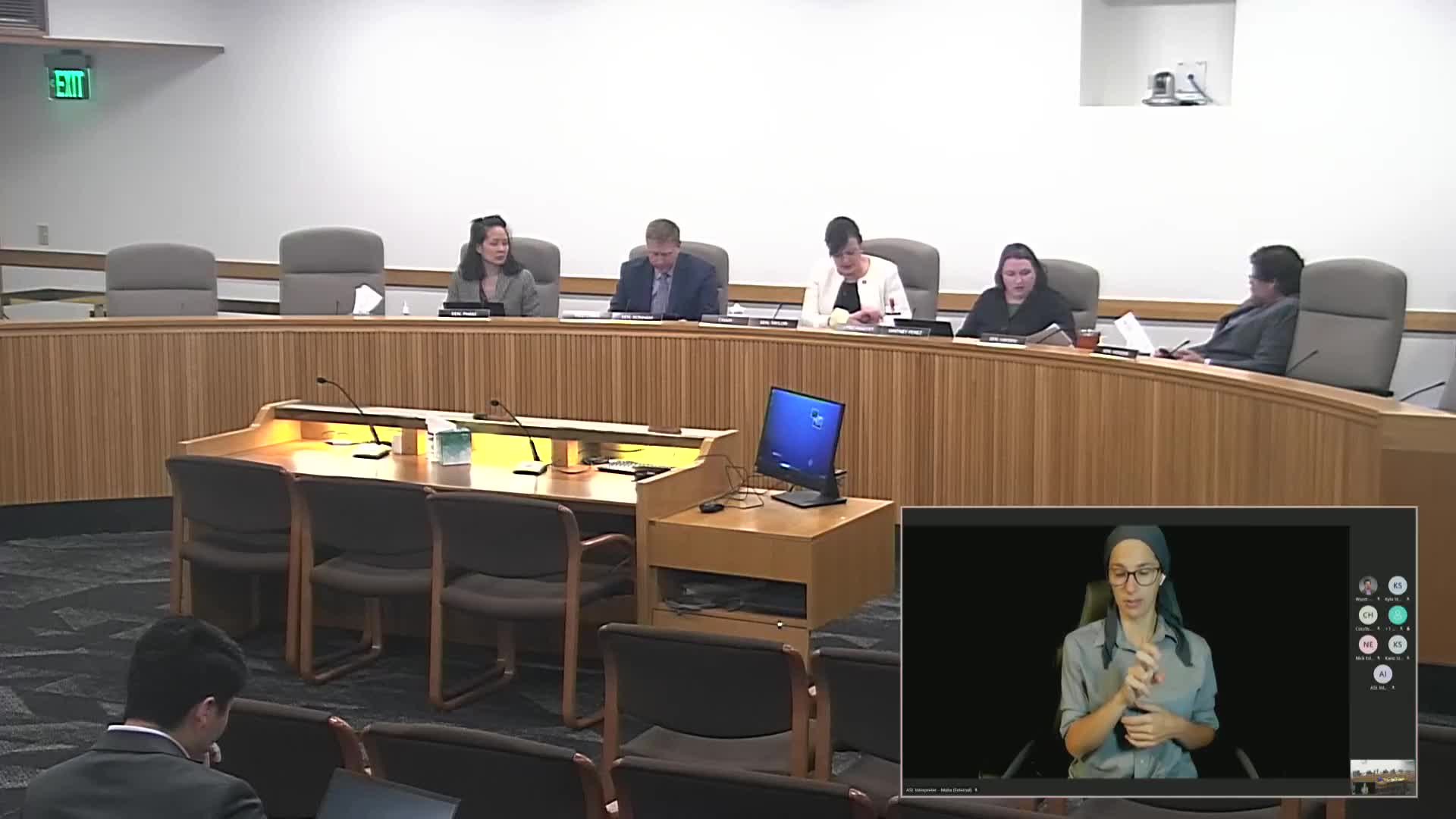
Southwest Oregon officials and industry urge repair funding for Charleston shipyard ways; bill focuses a study and dash-1 funding option
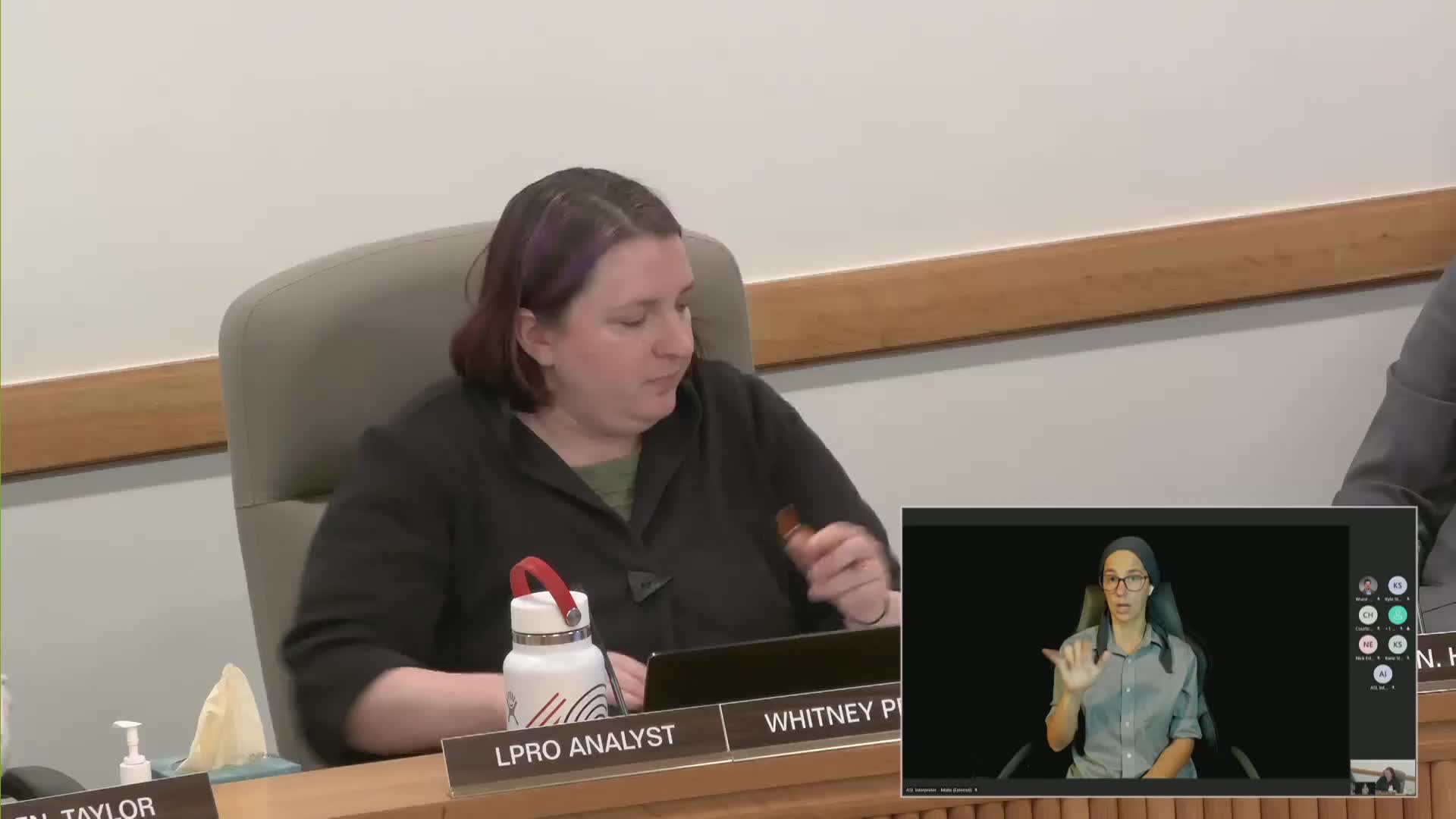
School districts seek parity in proof-of-financial-ability exemption for self-insured workers’ comp
